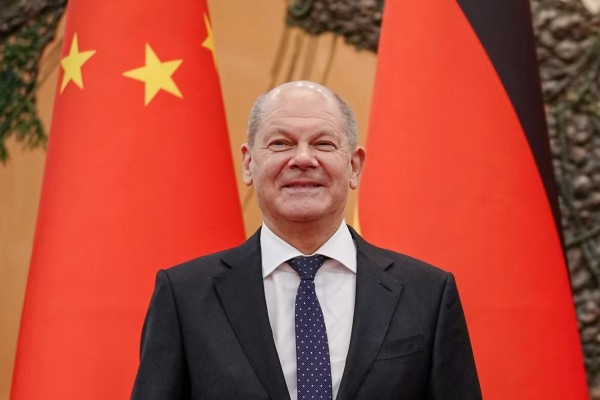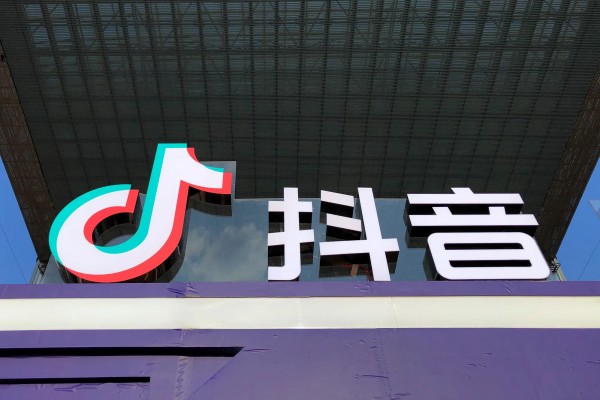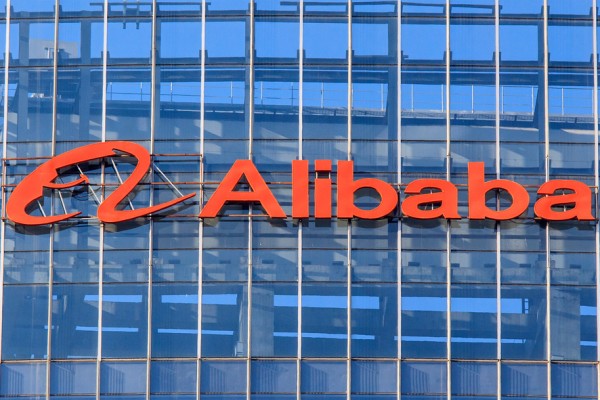Review № 15 of Chinese Antitrust News from the Experts of the BRICS Competition Centre
- SAMR approves Microsoft/Activision Blizzard deal
- TikTok sues the state of Montana
- China imposed a restriction on the purchase of Micron Technology products
- For the first time, additional conditions were applied when agreeing on internal M&A
- Draft rules for fair competition review and antitrust guidelines for industry associations published
- Amazon China suspends its app store
- Large-scale support for 5G and Industrial Internet
- There will be a scientific and technical committee on ethics in science and technology
- Alibaba to pay NetEase $7.2 million for game copyrights
SAMR approves Microsoft/Activision Blizzard deal
SAMR has cleared Microsoft's acquisition of Activision Blizzard for $69 billion. SAMR approved the proposed transaction at a late stage in Phase III. Shortly before the approval, SAMR suspended the review process and asked the parties to update the information in connection with the changed market situation: in particular, the UK Competition and Markets Authority (CMA) recently blocked this transaction.
Microsoft confirmed the deal's approval as follows: "China's approval to acquire Activision Blizzard follows permit decisions in jurisdictions such as the European Union and Japan, bringing the total number of countries that have approved the deal to 37, with a combined population of over two billion people".
Sources: Seeking Alpha, PaRR
TikTok sues the state of Montana
Montana has become the first US state to ban TikTok, with a new law preventing mobile app stores from offering the app in the state until next year. At the same time, those who have already downloaded the application can continue to use it without any penalties. The ban will come into effect on January 1st, 2024. This is one of the most serious moves to restrict the use of TikTok in the US: the company is suspected of links with Chinese authorities and threats to national security. According to the governor of the state, the measure is designed to "protect the personal and private data of Montana residents from access by the Chinese Communist Party." TikTok said in a statement, however, that the act "violates the rights of Montana residents under the First Amendment." The developers of the application have applied to the court with a request to cancel the ban as unconstitutional.
Sources: The Guardian, The Verge
China imposed a restriction on the purchase of Micron Technology products
The Cyberspace Administration of China said that Micron, a U.S.-based global semiconductor supplier, products sold in China pose significant network security risks and affect China's national security. China's Cyber Security Law contains rules for protecting critical information infrastructure — technological systems in sectors such as telecommunications, transportation and defence — that Chinese regulators say can be vulnerable in the event of a data failure or leak.
In this regard, a ban was introduced on the purchase of Micron Technology products by operators of critical information infrastructure. This decision can change national chip supply chains, and provide more opportunities for other competitive domestic and foreign memory chip manufacturers.
“This move, coupled with recent inspections and targeted [influencing] other US companies, is contrary to [China’s] assurances that it is opening up its markets and supporting transparent regulation,” US State Department spokesman Matthew Miller said.
Sources: China Daily, Global Times, The Independent
For the first time, additional conditions were applied when agreeing on internal M&A
SAMR's enforcement decisions in two recent domestic transactions are the first in China's 15-year history of enforcement of antitrust laws by economic concentrations of Chinese companies. SAMR has previously applied additional conditions when agreeing on such transactions, but they have always involved foreign companies.
For example, in April 2023, SAMR allowed Wanhua Chemical to acquire Yantai Juli Fine Chemical on the condition that it maintain or expand production, continue research and development, and not force exclusive cooperation. And in late 2022, SAMR approved a joint venture between two state-owned enterprises, Shanghai Airport and Eastern Air Logistics, demanding that the cargo terminal business be unbundled and avoid sharing competitive information.
The decisions in these transactions demonstrate SAMR's intention to bridge the gap between domestic and foreign enforcement.
Source: Lexology
Draft rules for fair competition review and antitrust guidelines for industry associations published
SAMR has launched a consultation procedure on the draft Regulations on the verification of administrative decisions for the absence of provisions that impede the development of competition (fair competition review). This project proposes to create a system for coordinating the consideration of fair competition review issues both at the national and local levels. It also defines and prohibits the development of policies that restrict market entry and exit, restrict the free movement of goods and factors of production, and affect production and operating costs.
Consultations on the draft Antimonopoly Guidelines for industry associations have also been launched.” It prohibits industry associations from organizing horizontal or vertical anti-competitive agreements between market participants and describes circumstances that amount to organizing operators to enter into and enforce such agreements.
Amazon China suspends its app store
Amazon Appstore has sent an email to its customers stating that Amazon China will no longer provide app store services as of July 17th. However, Chinese consumers will be able to continue downloading the Amazon Global Store app. The suspension of Amazon Appstore services will not affect the company's business activities in China, including the Amazon Global Store, Amazon Global Selling, and the Amazon China website.
Source: China Daily
Large-scale support for 5G and Industrial Internet
China will promote the large-scale application of 5G and the industrial internet, and plan for future industries such as 6G, quantum information, and brain-like intelligence to support the development of a high-tech, intelligent, and green manufacturing industry.
The innovative application of 5G and the industrial internet has unique advantages in improving the efficiency of resource allocation and facilitating economic turnover at home and abroad.
Source: Xinhua
There will be a scientific and technical committee on ethics in science and technology
China's Ministry of Industry, Information and Technology (MIIT) announced the establishment of a committee and expert group on the ethics of science and technology. The committee will be responsible for key research programs, ethics inspection campaigns, ethics education, and international cooperation in the exercise of administrative oversight. The Expert Group will be governed by a committee, bringing together senior experts from various fields including policy, technology, governance, ethics and law. She will provide advice for decision-making. The headquarters of the expert group will be the Chinese Academy of Information and Communication Technology.
Source: Global Times
Alibaba to pay NetEase $7.2 million for game copyrights
A Chinese court has ordered the Alibaba Group division that developed the popular mobile game Three Kingdoms Tactics to pay NetEase $7.2 million in copyright infringement damages. Ejoy, the Alibaba subsidiary behind the strategy game, said on the microblogging site Weibo that it will appeal the Guangzhou court's decision and that the game will continue to run.
Source: Reuters




